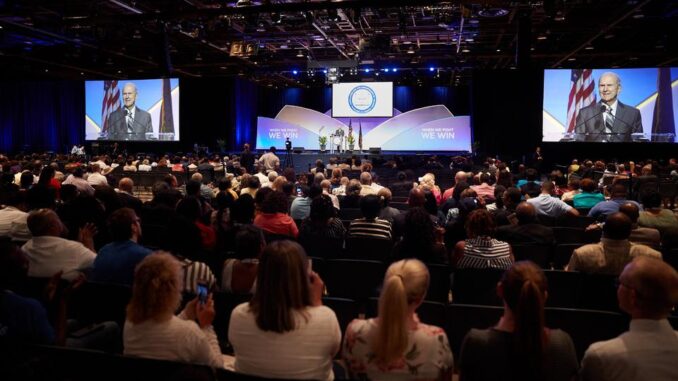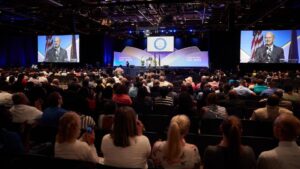
After Martin Luther King Jr.’s assassination in 1968, the Rev. DeForest “Buster” Soaries Jr. found his grandmother alone and crying at the dining room table inside her New Jersey home.
Then a 16-year-old junior at Montclair High School, he had never seen his grandmother cry before. “She was the strongest woman I ever met,” recalled Soaries, New Jersey’s former Secretary of State.
His grandmother didn’t believe in “stirring up a fuss” during the Civil Rights movement and had not taken to the streets to protest. But King’s death cut deep.
It’s also been over a decade since Barack Obama became the first African American to be elected President and two years since Vice President Kamala Harris made history by becoming the first woman and Black and Asian American to hold that office. When Ketanji Brown Jackson was sworn in as the 116th Supreme Court justice last month, she also made history as the first Black woman to serve on the high court.
President Joe Biden and Vice President Harris have been invited to speak at the convention. Gov. Phil Murphy and other political leaders also are scheduled to address the attendees.
“I think the biggest failure has been the bottom third of Black America economically. You’ve got people who are poor today, who are the great-grandchildren of people who were poor in 1960. And there’s a group of people for whom all of this racial progress and economic uplift just seems to evade,” he said.


Be the first to comment